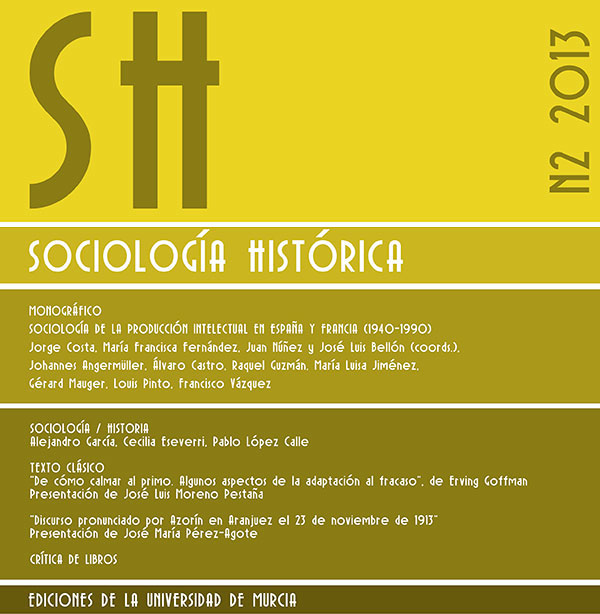How to become an academic philosopher. Academic discourse as multileveled positioning practice
Abstract
In my contribution, I will present the power-knowledge approach to academic discourse. Drawing from poststructuralist and pragmatic developments in socialtheory, this model the practical challenge academic researchers have to meet in academic discourse: to secure a place in the social world of researchers. The researchers who participate in academic discourse typically need to straddle two types of positions: on the one hand they need to find their place among the many scientific communities, i.e. in the world of specialised knowledge. On theother hand, they need to be placed in a higher education institution with its status groups, hierarchies and bureaucratic rules, i.e. in the world of institutionalpower. If researchers want to occupy the most desirable positions in the academic field, they need to succeed in both worlds at the same time. Whilecareers, strategies and recipes can differ widely between researchers, researchers engage in academic discourse as an ongoing, publication-based positioningprocess in which symbolic positions (i.e. as a specialist of late antiquity) need to be gradually turned into institutional positions (i.e. as a Professor of AncientHistory).
Empirically, my contribution will draw from first results of our DISCONEX research group at CAL, Warwick and EHESS, Paris.
Downloads
-
Abstract691
-
PDF (Español (España))731
-
PDF731
Las obras que se publican en esta revista están sujetas a los siguientes términos:
1. El Servicio de Publicaciones de la Universidad de Murcia (la editorial) conserva los derechos patrimoniales (copyright) de las obras publicadas, y favorece y permite la reutilización de las mismas bajo la licencia de uso indicada en el punto 2.
2. Las obras se publican en la edición electrónica de la revista bajo una licencia Creative Commons Reconocimiento-NoComercial-SinObraDerivada 4.0 España (texto legal). Se pueden copiar, usar, difundir, transmitir y exponer públicamente, siempre que: i) se cite la autoría y la fuente original de su publicación (revista, editorial y URL de la obra); ii) no se usen para fines comerciales; iii) se mencione la existencia y especificaciones de esta licencia de uso.
3. Condiciones de auto-archivo. Se permite y se anima a los autores a difundir electrónicamente las versiones pre-print (versión antes de ser evaluada) y/o post-print (versión evaluada y aceptada para su publicación) de sus obras antes de su publicación, ya que favorece su circulación y difusión más temprana y con ello un posible aumento en su citación y alcance entre la comunidad académica. Color RoMEO: verde.










